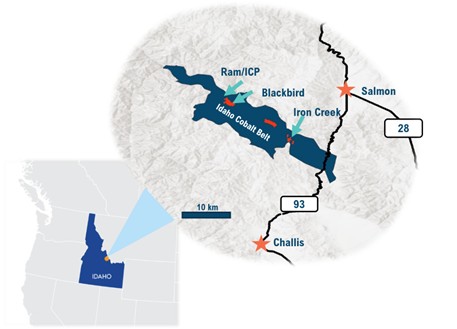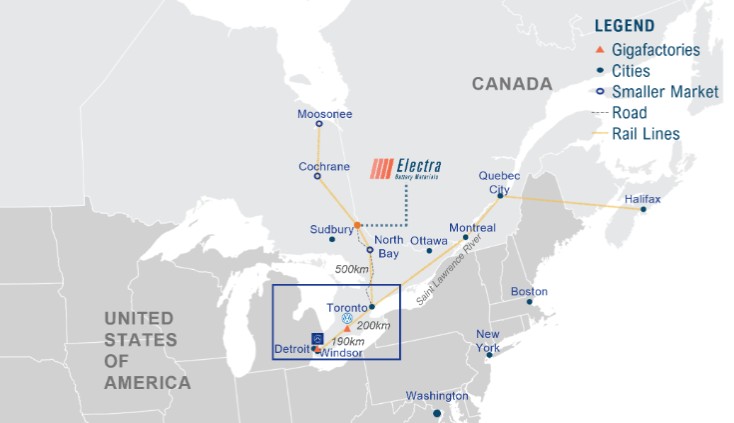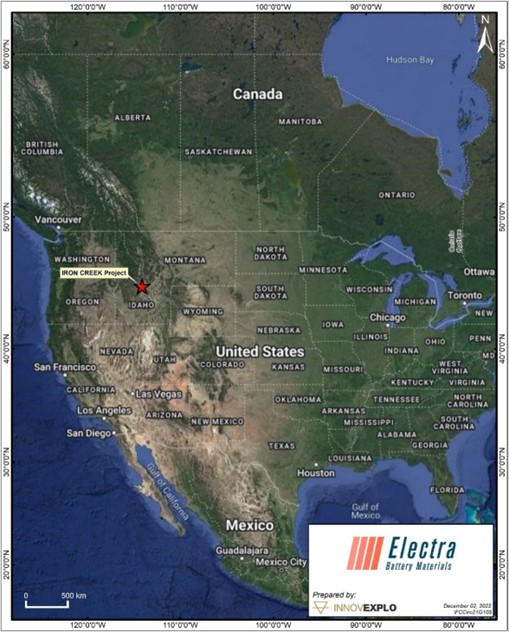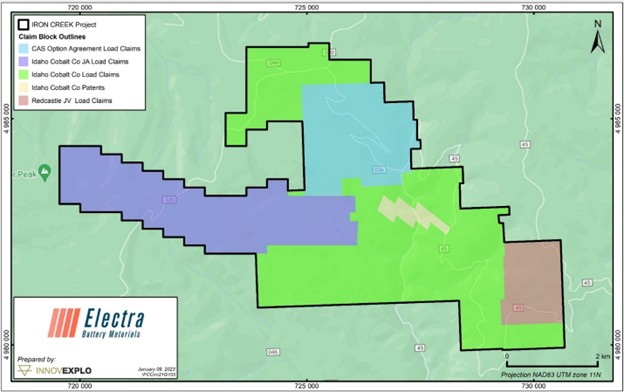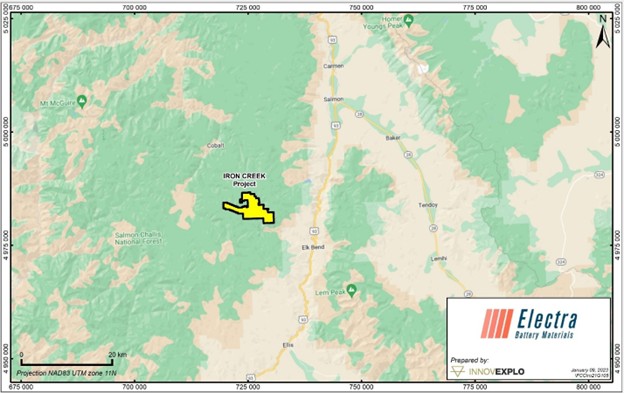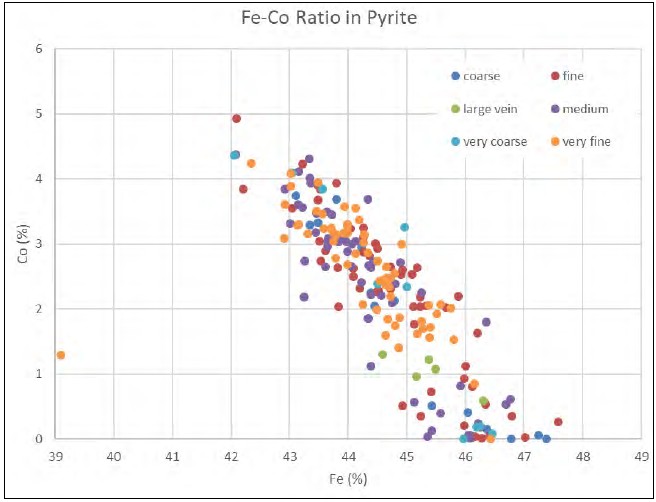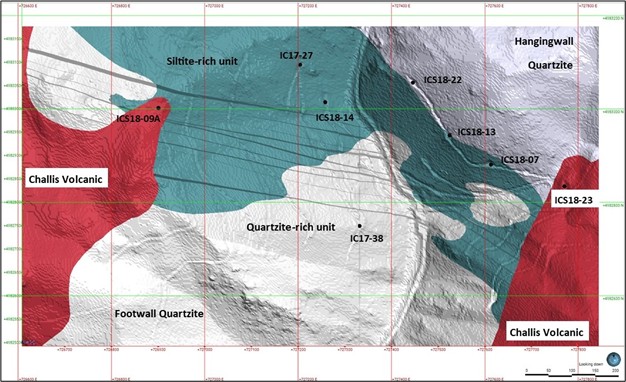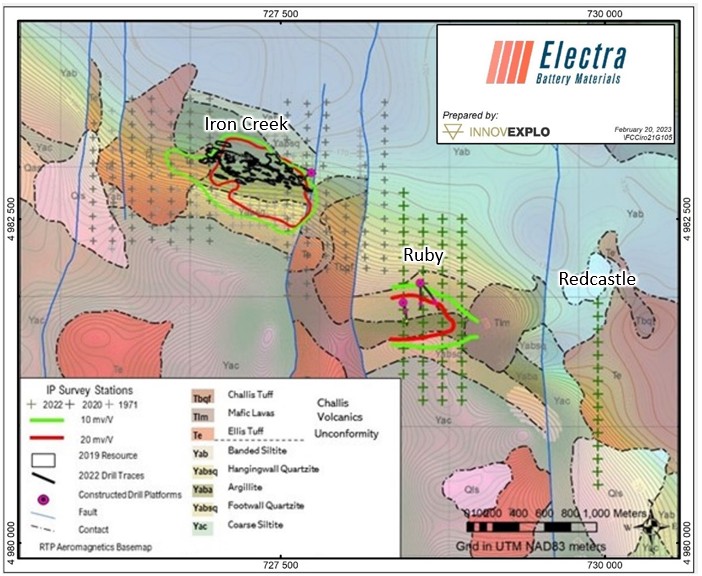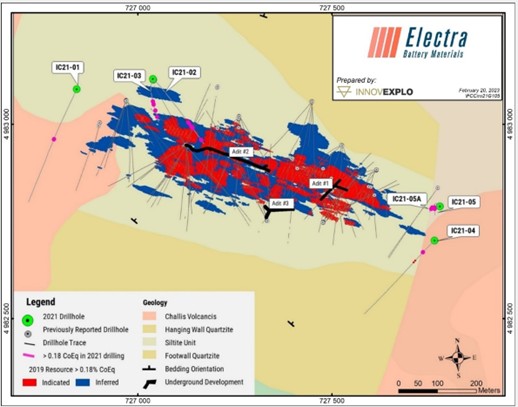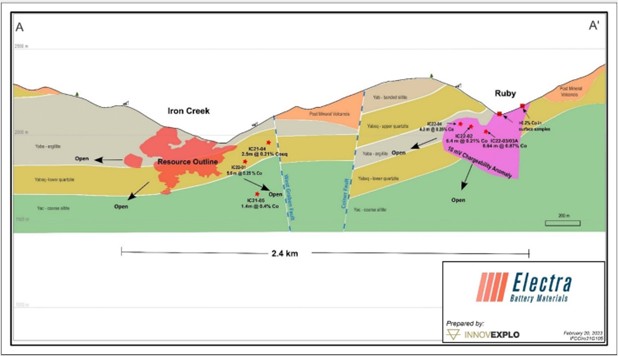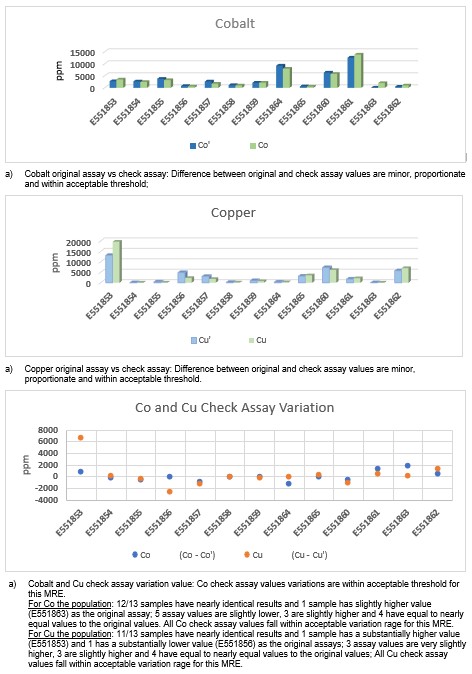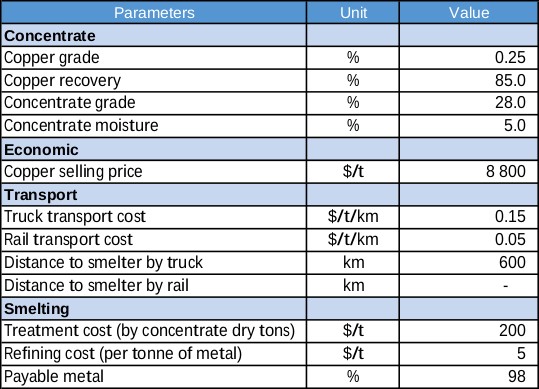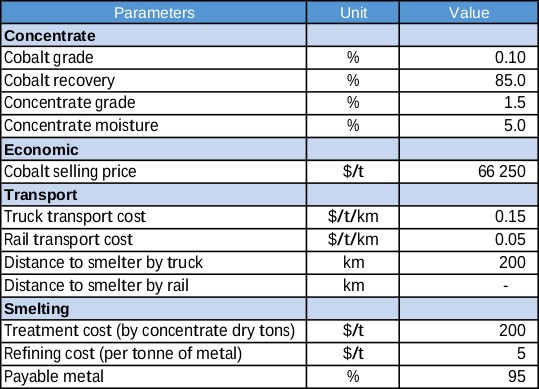The Company’s properties may be subject to commitments that the Company may be unable to satisfy.
The Company’s mining properties may be subject to various land payments, royalties and/or work commitments. Failure by the Company to meet its payment obligations or otherwise fulfill its commitments under these agreements could result in the loss of related property interests.
The Company’s operations could be negatively affected by global instability, negative macroeconomic trends, and other events outside of our control including health epidemics, wars, or natural disasters.
The past few-years have been marked by political and economic instability brought about by a variety of factors, including the COVID-19 global pandemic, the Russian invasion of Ukraine, and the war in the Gaza Strip, banking failures, U.S. political instability, and natural disasters, among other factors. These factors have contributed to global supply chain volatility, unpredictable demands for consumer goods, rising inflation and interest rates, and general economic volatility, including volatility in stock markets. While the COVID-19 pandemic has subsided, the possibility that additional variants could revive containment measures or that future health pandemics or epidemics could arise remains. Such uncertainty and volatility has or could impact various other factors outside of the company’s control including, but not limited to currency exchange rates, trade tariff developments, transport availability and cost, including import-related taxes, transport security, sanctions, embargoes, expanded political conflict and violence, travel bans, stay-at-home orders, all of which have tickle-down impacts down effect on supply chains, commodity pricing and availability, the costs of capital and financing, and equipment and construction costs, all of which could impact the Company’s ability to both conduct its operations and access capital.
Inflationary pressures and rising interest rates could negatively affect the Company’s financial condition and results of operations.
Following the COVID-19 pandemic, the ongoing wars in the Ukraine and Gaza and other events, the global economy has faced significant instability marked by increased inflation, rising interest rates and supply chain volatility. Global economic conditions could further deteriorate, and the economy may contract and enter into a recession. Additionally, future economic shocks may be precipitated by a number of causes, including a rise in the price of oil, geopolitical instability, natural disasters and outbreaks of medical endemic or pandemic issues. Any sudden or rapid destabilization of global economic conditions could impact the Company’s ability to obtain equity or debt financing in the future on terms favourable to the Company. Additionally, any such occurrence could cause decreases in asset values that are deemed to be other than temporary, which may result in impairment charges. Further, in such an event, the Company’s operations and financial condition could be adversely impacted.
General inflationary pressures may affect labour and other costs, which could have a material adverse effect on the Company’s financial condition, results of operations and the capital expenditures required to advance the Company’s business plans. There can be no assurance that any governmental action taken to control inflationary or deflationary cycles will be effective or whether any governmental action may contribute to economic uncertainty. Governmental action to address inflation or deflation may also affect currency values. Accordingly, inflation and any governmental response thereto may have a material adverse effect on the Company’s business, results of operations, cash flow, financial condition and the price of the Company’s securities.
The Company faces risks related to its information technology systems and potential cyberattacks and security and privacy breaches.
The Company’s operations depend, in part, on how well it and its third-party service providers protect networks, equipment, information technology (“IT”) systems and software against damage from a number of threats, including, but not limited to, cable cuts, natural disasters, intentional damage and destruction, fire, power loss, hacking, computer viruses, vandalism and theft. The Company’s operations also depend on the timely maintenance, upgrade and replacement of networks, equipment, IT systems and software, as well as pre-emptive expenses to mitigate the risks of failures. Any of these and other events could result in information system failures, delays and/or increase in capital expenses. The failure of information systems or a component of information systems could, depending on the nature of any such failure, adversely impact the Company’s reputation and results of operations.
Recently, data security breaches suffered by well-known companies and institutions have attracted a substantial amount of media attention, prompting new foreign, federal, provincial and state laws and legislative proposals addressing data privacy and security. As a result, the Company may become subject to more extensive requirements to protect the customer information that it processes in connection with the purchase of its products, resulting in increased compliance costs.
